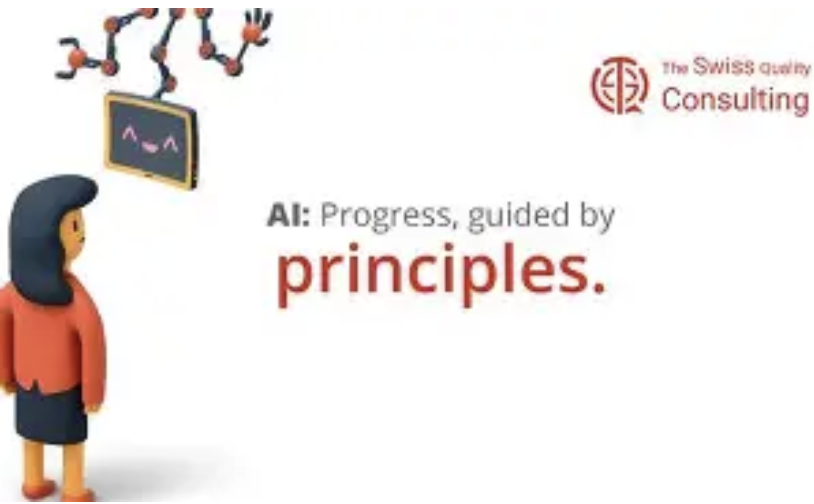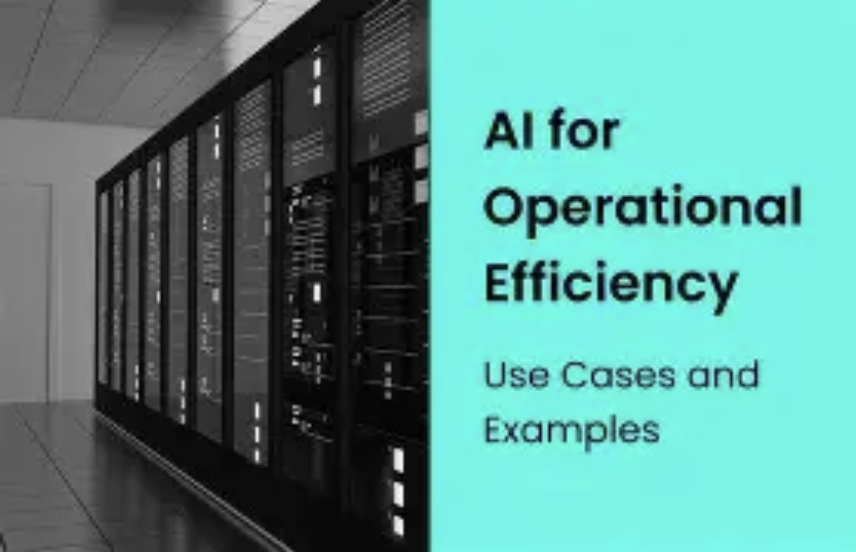Master AI: Don’t Be Pushed by Algorithms
AI systems curate your information, recommend future purchases, and even influence your career decisions—however, for wealthy individuals, allowing these algorithms to take the lead means relinquishing authority over your life and legacy. The genuine strength of AI does not reside in blindly adhering to its suggestions but in mastering it as an instrumental asset. By shifting the balance, you transform AI from a passive advisor into an engaged partner that resonates with your aspirations, principles, and distinctive perspective.

Establish Your Guiding Principle for AI
While algorithms excel at processing data, they are devoid of intention—you need to provide that direction. Rather than allowing AI to identify investment patterns based on collective behavior, input your personal guiding principle: whether that is long-term wealth maintenance for charitable endeavors or creating a family business legacy. Instruments like tailored GPTs for financial management can then evaluate opportunities through this perspective, identifying real estate investments that align with your community objectives or tech companies that enhance your current investments. AI becomes a guiding tool rather than a controlling force.

Luxury is characterized by personal expression, yet standard AI often nudges you toward popular choices. Assert control by teaching AI about your unique preferences: share your art collection documents to help it understand your tastes for future acquisitions, or provide your travel journals to enhance vacation suggestions beyond typical luxury destinations. Brands such as Netflix and Spotify allow premium subscribers to modify algorithm parameters—favoring obscure films or specialized music genres over mainstream successes. AI stops controlling and instead enhances your individuality.
Establish "Algorithm Limits" for Digital Health
Constant scrolling and an influx of notifications disrupt your concentration—therefore, it's essential to set guidelines for AI. Employ productivity applications that curtail algorithm-induced distractions: silence social media alerts during family meals, or configure AI to prioritize work emails that truly need your immediate response. High-end devices such as Apple’s iPhone Pro enable you to determine which applications can use AI for monitoring purposes, ensuring your information benefits you rather than advertisers. Setting limits transforms AI from a distraction into a protector of your most precious resource: concentration.
Utilize AI for "Thoughtful Efficiency," Not Thoughtlessness
Affluent individuals harness AI to relieve monotony, not evade intellectual engagement. Delegate mundane tasks—such as scheduling, research, or invoice management—to AI while maintaining authority over critical decisions. For example, allow AI to create ten investment proposals, and then assess them according to your risk preferences and values. This approach of "thoughtful efficiency" frees time for innovative, relationship-centric tasks that AI cannot replicate. AI acts as support staff, rather than supplanting your decision-making abilities.

AI as a Means of Empowerment, Not Domination
In an environment where algorithms appear all-powerful, mastering AI is a valuable ability. For high-net-worth individuals, success lies not in outsmarting AI but in guiding it to accomplish your most significant objectives. By clarifying your intentions, educating it on what distinguishes you, identifying blind spots, establishing limits, and employing it wisely, you convert AI from a force that directs you to one that drives you forward. The future will favor those who dictate AI’s role, not those who merely follow it.
(Writer:Galli)





